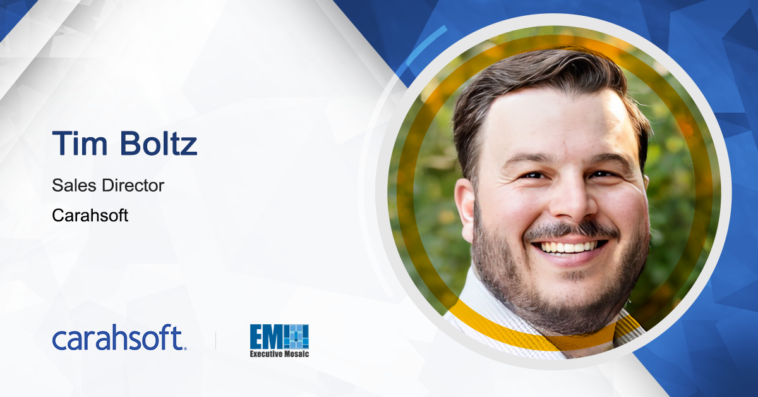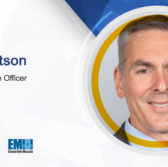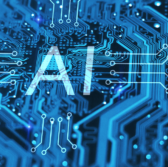Carahsoft healthcare program executive Tim Boltz believes greater connectivity between healthcare systems through the cloud, digital integration and the incorporation of remote workers improves the service delivered to patients but also increases the vulnerability of their data to malicious actors.
Consequently, the operators of those systems, including government agencies, must prioritize cybersecurity in order to protect sensitive patient data from threats like ransomware attacks and data breaches, Boltz said in an opinion column the Carahsoft website published Thursday.
The steps system operators can take to mitigate cyber risks include the use of data encryption, communicating with stakeholders regarding defense strategies, implementing multifactor authentication and enforcing zero trust.
Operators also need to keep up with developments in artificial intelligence, Boltz noted. The same technology bad actors are using to attack the healthcare industry can be used to defend it.
AI can monitor networks and devices nonstop, analyze large amounts of data and detect patterns humans might otherwise overlook. It has even been used to predict certain types of attacks.
Boltz said that the general application of AI is something healthcare industry practitioners must decide, but concerning cybersecurity in particular, “AI may be the answer to providing a secure standard for an interconnected healthcare industry.”





